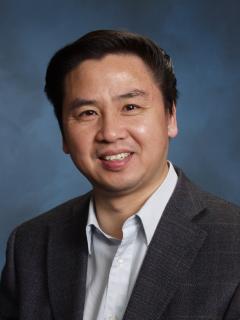ARC Centre of Excellence for Carbon Science and Innovation, University of New South Wales, Sydney, New South Wales, Australia.
Interests:
Metal-free carbon catalysts; Multifunctional nanomaterials; Optoelectronic macromolecules; Biomaterials and biomimicking systems

